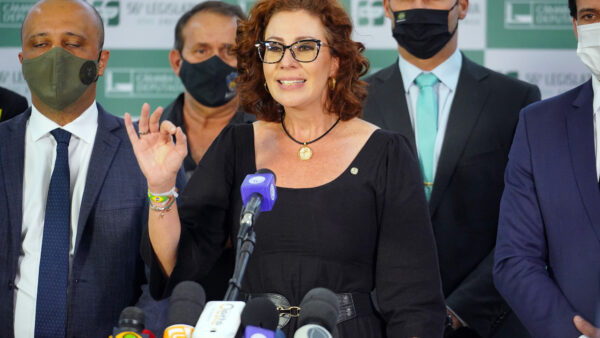On Thursday, Brazil’s Central Bank Chairman Roberto Campos Neto presented updated data on vaccination in the country and across the world to show that, in the coming months, vaccine availability will not be the biggest problem for accelerating the pace of economic recovery; vaccine skepticism will.
During an online event of the Brazilian Association of Bars and Restaurants (Abrasel), Mr. Campos Neto used data from health departments and the LocalizaSUS website to show that in Brazil the rejection rate is still small, especially regarding older age groups.
“When we look at the older population, the rate of fully vaccinated is quite high, with little rejection,” stated.
According to the Central Bank, more than 70 percent of the entire population over 60 years old is already vaccinated with a second dose. For the under 60s, the numbers are much lower, with only 25 percent of the 20 to 24 age group, for example, having received a first dose and only 6 percent a second. However, this can be explained by the different vaccination rates around the country.
As the coming months will see all cities completing their vaccination process, for Mr. Campos Neto, “the fundamental factor will not be so much the availability of the vaccine, but rejection of it,” especially in the face of new, more contagious variants of the coronavirus such as Delta. “There are countries with an availability of vaccines, but who also see an increase in rejection of immunization,” pointed out Mr. Campos Neto, while citing the U.S. where vaccine rejection is up 20 to 25 percent.


 Search
Search






































